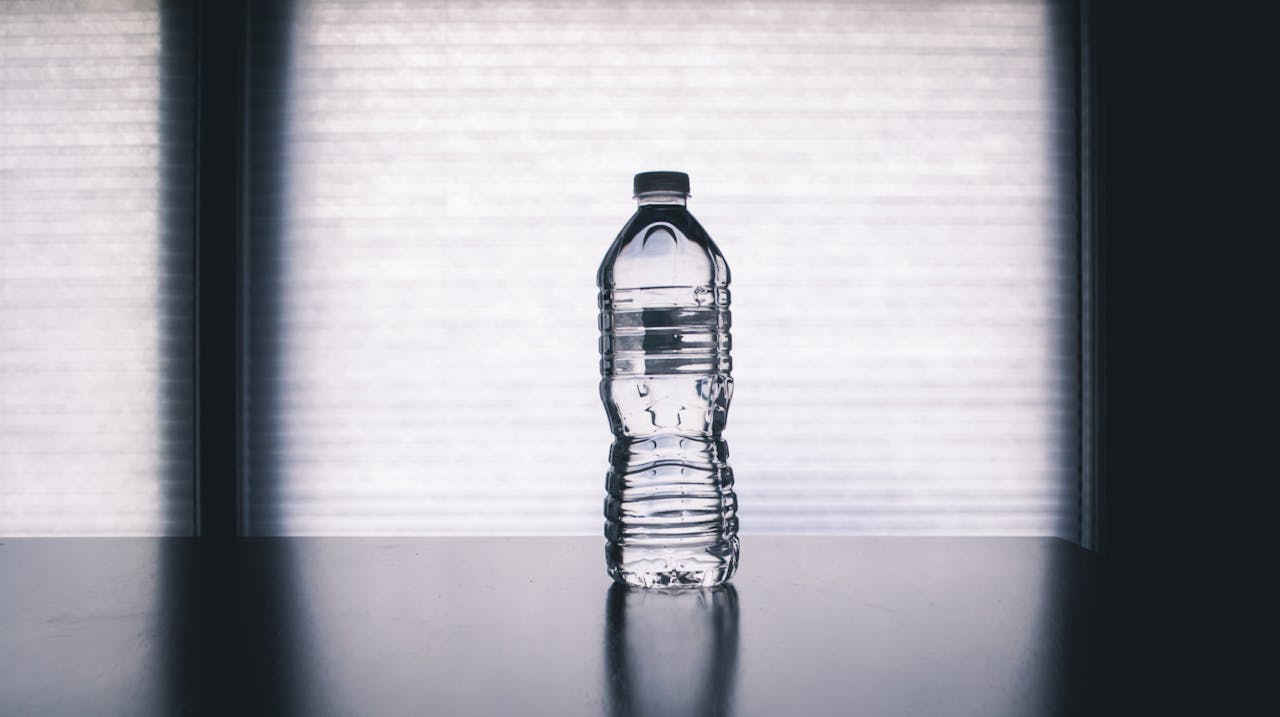Tiny Particles, Big Effects: The Potential Link Between Microplastics and Depression
Microplastics have become a buzzword in environmental discussions, but their impact extends far beyond the oceans and wildlife. As we dive into the intricate world of these tiny particles, we uncover a potential link between microplastics and mental health, particularly depression. This blog post aims to explore the emerging research surrounding microplastics and their effects on human health, specifically focusing on how these pollutants may influence our mental well-being.
In the sections that follow, we will navigate through various facets of this complex issue, from understanding what microplastics are and how they infiltrate our lives to examining the scientific studies that suggest a correlation between microplastic exposure and depression. We’ll also discuss practical steps you can take to mitigate your exposure and transform your health for the better. By the end of this ultimate guide, you’ll be equipped with knowledge and actionable insights to help you lead a healthier lifestyle.
-
Understanding Microplastics: What Are They?
Microplastics are defined as plastic particles smaller than 5 millimeters, resulting from the breakdown of larger plastic debris and the manufacturing of tiny plastic items. These particles are pervasive, found in the air we breathe, the water we drink, and even the food we consume. Their widespread presence raises alarming questions about their long-term effects on human health.
The journey of microplastics begins with our daily habits. From the synthetic fibers in our clothing to the microbeads in personal care products, these particles can easily enter the environment and, ultimately, our bodies. Once ingested or inhaled, microplastics can accumulate in various organs, potentially leading to harmful health effects. Understanding the sources and pathways of microplastics is crucial as we seek to change our behaviors and reduce our exposure.
-
The Science Behind Microplastics and Health
Recent studies have begun to unravel the complex relationship between microplastics and human health. Research indicates that microplastics can carry toxic chemicals that may disrupt hormonal balance and cause inflammation. These effects can lead to various health issues, including respiratory problems, reproductive issues, and even cancer.
Moreover, emerging evidence suggests that microplastics may have a profound impact on mental health. The potential for these particles to cross the blood-brain barrier raises concerns about their role in neurological disorders. Scientists are investigating how chronic exposure to microplastics might contribute to depression and anxiety, highlighting the need for further research in this critical area.
-
Microplastics and Mental Health: The Emerging Connection
The link between environmental pollutants and mental health has gained traction in recent years, with microplastics being a focal point of study. Some researchers hypothesize that the stress caused by environmental degradation, coupled with the physiological effects of microplastic exposure, could lead to increased rates of depression.
In addition, the presence of microplastics in our food and water supply can contribute to an *unhealthy diet*, which is known to influence mental health. A diet high in processed foods and low in nutrients can exacerbate feelings of anxiety and depression. Therefore, understanding how to transform your health by adopting a *healthier diet* is essential in mitigating these risks.
-
First Steps: Reducing Microplastic Exposure
Taking action to reduce your exposure to microplastics is a vital first step in protecting your health. Here are some practical tips:
– **Choose Natural Fibers**: Opt for clothing made from natural fibers like cotton, wool, or linen instead of synthetic materials that shed microplastics during washing.
– **Avoid Single-Use Plastics**: Reduce your reliance on single-use plastics by using reusable bags, bottles, and containers.
– **Be Mindful of Personal Care Products**: Check labels for microbeads and other plastic ingredients in cosmetics and personal care products, opting for natural alternatives instead.
By making these changes, you can significantly reduce your exposure to microplastics and contribute to a healthier environment.
-
Changing Dietary Habits for Better Mental Health
Diet plays a crucial role in mental health, and adopting a *healthier diet* can be a powerful tool in combating depression. Research consistently shows that a diet rich in fruits, vegetables, whole grains, and lean proteins can improve mood and cognitive function.
Consider incorporating foods high in omega-3 fatty acids, such as fish and flaxseeds, which have been linked to reduced rates of depression. Additionally, maintaining a balanced intake of vitamins and minerals is essential for brain health. By changing your dietary habits, you can transform your health and potentially mitigate some of the adverse effects of microplastic exposure.
-
The Role of Policy and Advocacy
Addressing the issue of microplastics requires collective action at both individual and societal levels. Advocacy for stricter regulations on plastic production and waste management is crucial. Supporting policies aimed at reducing plastic pollution can lead to significant changes in how we manage plastic waste and protect public health.
Engaging in community initiatives and raising awareness about the dangers of microplastics can also amplify the call for change. By working together, we can create a healthier environment for ourselves and future generations.
Frequently Asked Questions (FAQ)
Q: What are microplastics?**
A: Microplastics are tiny plastic particles less than 5mm in size that result from the breakdown of larger plastic items and are found in various environments.
Q: How do microplastics affect human health?**
A: Microplastics can carry toxic chemicals, leading to health issues such as respiratory problems, reproductive issues, and potentially affecting mental health.
Q: Can I reduce my exposure to microplastics?**
A: Yes! You can reduce exposure by choosing natural fibers, avoiding single-use plastics, and being mindful of personal care products.
Q: Is there a connection between microplastics and depression?**
A: Emerging research suggests a potential link between microplastic exposure and mental health issues, including depression, although more studies are needed.
Q: What dietary changes can help improve mental health?**
A: Adopting a diet rich in fruits, vegetables, whole grains, and omega-3 fatty acids can support better mental health.







